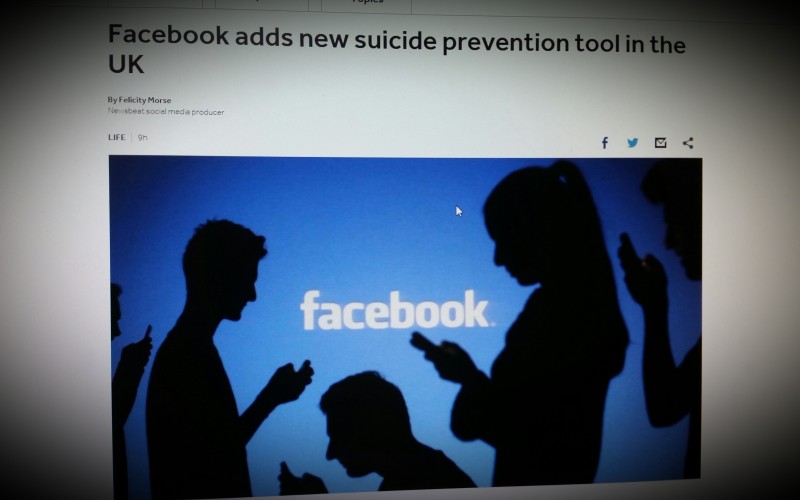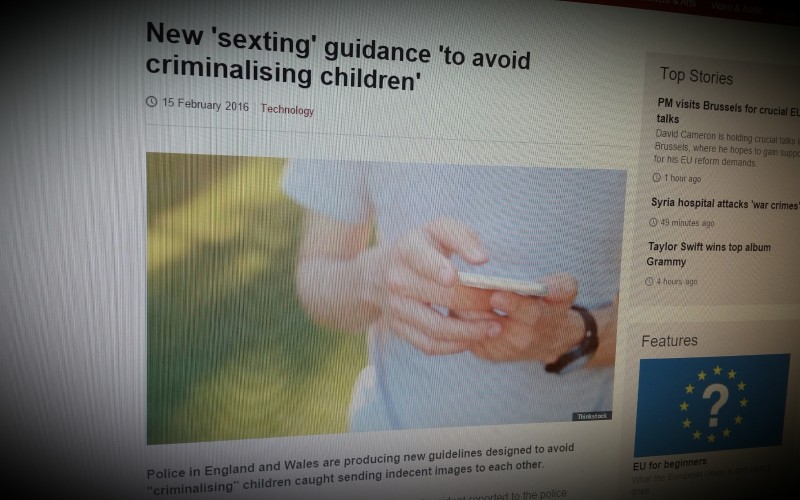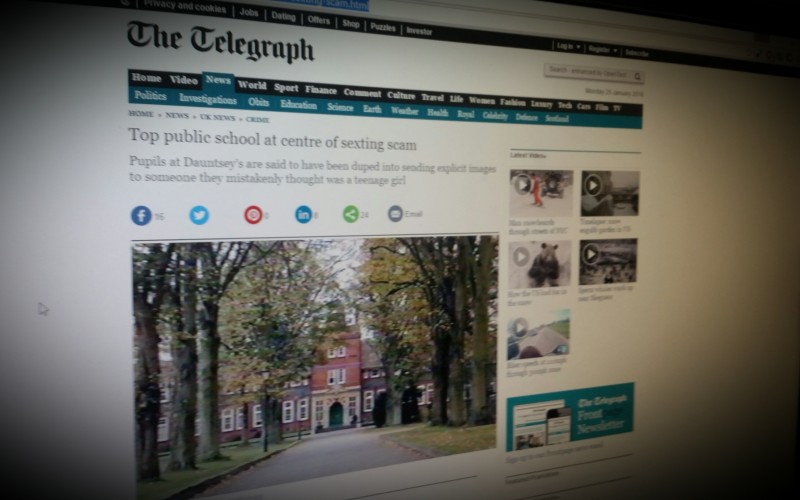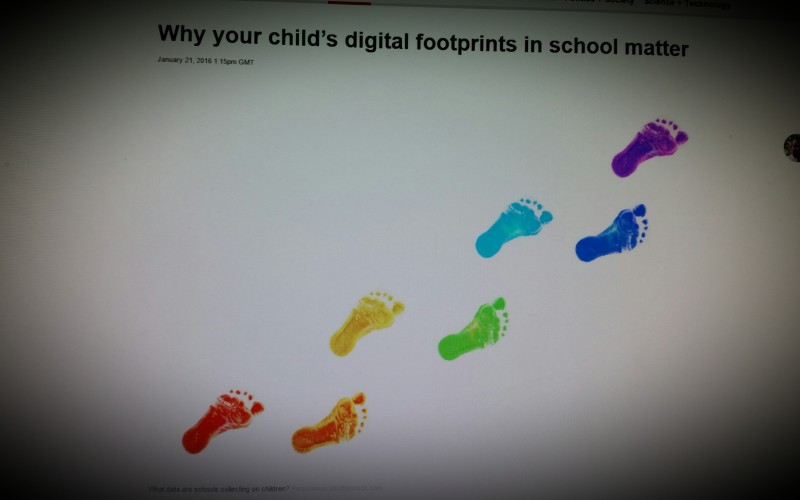Facebook is rolling out a new feature across the UK to help users who feel suicidal.
The Suicide Prevention tool has been developed in connection with the Samaritans.
It aims to try and provide advice and support for those struggling to cope, as well as for their friends and family.
People can now report posts they are worried about in a more direct way.
Adults who work with Young People News
Police in England and Wales are producing new guidelines designed to avoid "criminalising" children caught sending indecent images to each other.
Under current Home Office rules any such "sexting" incident reported to the police must be recorded as a crime.
The National Police Chiefs Council (NPCC) will advise teachers on when they should report such incidents.
It confirmed to the BBC that new guidelines were being developed but were in very early stages.
A 17-year-old boy has been arrested in connection with a sexting scandal after pupils at a leading public school were duped into posting explicit selfies online.
Parents at £29,000-a-year Dauntsey's School in Wiltshire were reportedly warned that 42 pupils were targeted.
The UK’s data protection watchdog has warned that retailers can track every move of their customers using their phones and target them using facial recognition software.
Vast amounts of personal, behavioural and academic data about children are being collected, processed and used by schools, local authorities, and the government every year.
But a recent review by the Information Commissioner’s Office (ICO) in the UK of 50 websites and apps used by children found that only a third had “effective controls in place to limit the collection of personal information from children”.
Read more
While there is greater interest than ever before in online privacy there are also calls from some quarters for people who use the web to be fully accountable. This is part of the thinking behind Facebook's real names policy, and it's also what's driven Tim Berners-Lee -- no less than the inventor of the web -- to call for the identities of cyberbullies to be exposed.






Comments
make a comment